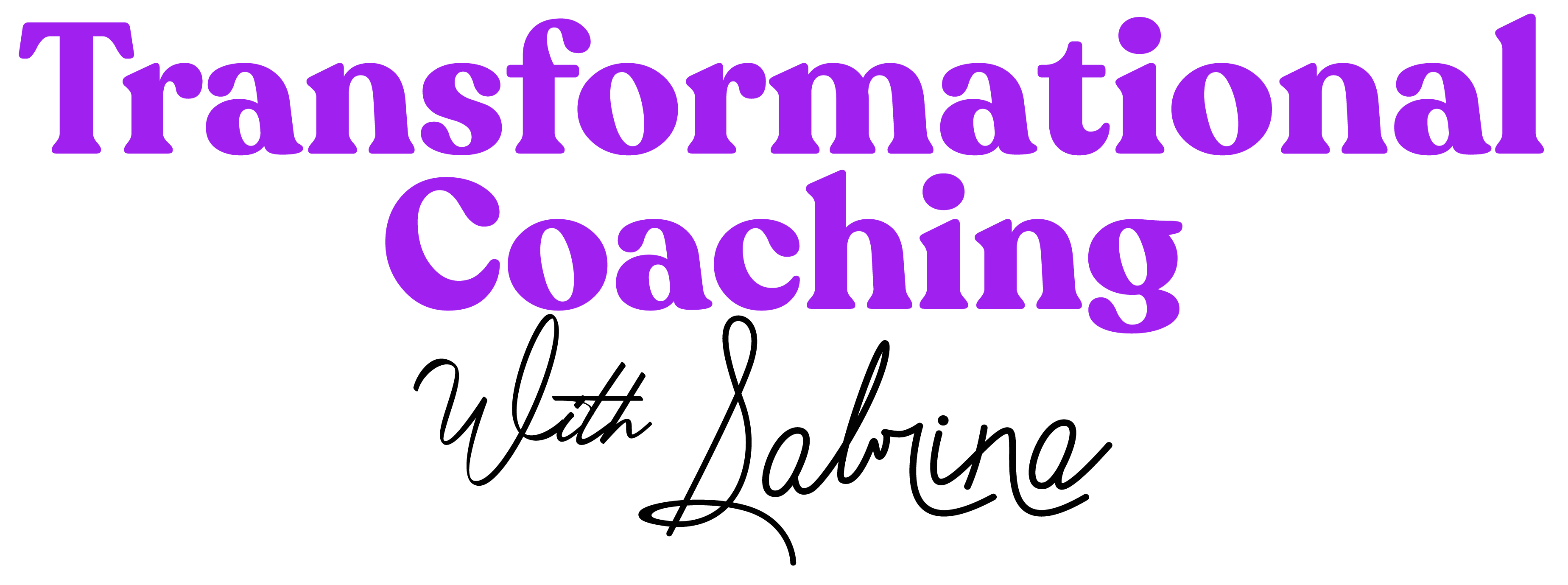Habit Formation and Learning
At the core of neural plasticity lies habit formation and learning. When we repeatedly engage in a behavior or think in a certain way, our brains forge connections between neurons. This process facilitates the activation of these patterns in the future, essentially laying down a mental road for us to travel. The more we repeat a behavior, such as implementing daily gratitude journaling or practicing mindfulness meditation, the more entrenched it becomes in our nervous system, making it easier to access in the future. For instance, if someone consistently practices affirmations each morning, over time, these positive statements can become a natural part of their thought process, boosting self-esteem and resilience. Similarly, engaging in regular goal-setting activities can help individuals develop a clearer direction and greater motivation, as the brain reinforces the pathways associated with achievement and progress. This phenomenon forms the foundation for learning—our brains become wired for success through practice and repetition, allowing us to cultivate habits that foster personal growth and fulfillment.
Transformational coaching can enhance this process by guiding individuals through understanding their current habits and thought patterns. Coaches often help clients set specific goals and challenges that encourage productive repetition, ultimately creating new neural pathways. By incorporating coaching into personal growth journeys, individuals can solidify new behaviors and reduce reliance on outdated patterns.
Brain Regions at Work
Different regions of the brain play pivotal roles in shaping our thoughts and behaviors. Here are a few key areas:
- Prefrontal Cortex: This area is crucial for higher-level functions, like decision-making, planning, and self-control. It helps us weigh our options and evaluate the consequences of our actions.
- Limbic System: Comprising structures such as the amygdala and hippocampus, the limbic system is integral to our emotional responses and memory formation. The amygdala, in particular, is critical for processing emotions, especially those related to fear and pleasure. It significantly influences how we react to stimuli in our environment. For example, the intensity of an emotional experience can shape our memories, making it easier for strong emotional events to be recalled. This connection can impact our future decisions, often prompting us to avoid situations that previously triggered fear or anxiety.
The hippocampus plays a key role in forming new memories and connecting emotions to those memories. It helps us navigate our experiences and understand their context, influencing how we learn from past events. Together, these structures help us form the emotional and contextual backdrop for our decisions, shaping our responses based on previous experiences.
- Basal Ganglia: This region is essential for habit formation and routine behaviors. It automates processes, allowing us to perform tasks with little conscious thought, which is why skills like riding a bike or playing an instrument can eventually feel second nature.
In the context of transformational coaching, understanding these brain regions can help individuals become more self-aware. Coaches often assist clients in recognizing when they’re using rational thought (facilitated by the prefrontal cortex) versus emotional decision-making (driven by the amygdala). For instance, if a client has a programmed behavior of avoiding networking events due to past negative experiences, a coach might help the client confront these feelings by exploring the associated memories and emotional responses tied to these events.
By guiding the client through reflective practices and role-playing scenarios, the coach can help them reframe their narrative around these past experiences. With consistent practice and encouragement, clients can gradually replace their avoidance behavior with a more positive approach to social situations, reinforcing new neural pathways that support healthier interactions and emotional responses.
The Creation of Neural Pathways
As we engage in repeated behaviors or thoughts, we inadvertently create strong neural pathways. These pathways can make our actions more automatic over time. For instance, when you learn to type, the first few attempts may feel clumsy and slow. However, with regular practice, your fingers become adept at finding the right keys without conscious thought. This is the brain’s way of streamlining processes to save cognitive energy.
Transformational coaching leverages this understanding by encouraging clients to select and commit to new behaviors that align with their aspirations. Coaches help clients practice these new behaviors, reinforcing positive neural pathways that support growth and success. For example, a coach might work with a client to cultivate a habit of positive self-talk. By consistently affirming their capabilities and integrating this practice into their daily routine, clients can reshape their thought patterns, leading to greater confidence and improved outcomes in various aspects of their lives.
Adaptation: The Double-Edged Sword
While the brain’s capability to adapt is generally advantageous, it can also lead to negative outcomes if harmful behaviors become reinforced. For example, if someone habitually reacts with anger in stressful situations, this pattern can become a deeply ingrained response. Recognizing that our brains are malleable offers hope; it means we aren’t doomed to repeat destructive behaviors indefinitely.
Transformational coaching can play a vital role in this aspect as well. Coaches can help individuals identify negative patterns and develop strategies to shift their mindset and responses. Through targeted coaching, clients learn healthier coping mechanisms that transform their reactions, leading to better emotional regulation.
The Road to Lasting Change with Transformational Coaching
The ability of our minds to adapt opens up exciting opportunities to let go of old habits and form new, more rewarding ones. Transformational coaching leverages this natural flexibility by helping individuals clarify what they want to change, set meaningful goals, and commit to consistent action. Coaches offer accountability and support at each step, ensuring that progress is both sustainable and aligned with personal values. By regularly encouraging clients to visualize and work toward their desired outcomes, coaching can strengthen helpful thinking patterns and behaviors, making positive change not just possible, but practical. With dedication and guidance, anyone can harness their brain’s potential for long-term growth and fulfillment.
Conclusion
Understanding how the brain’s regions and neural pathways contribute to our behavioral patterns is fundamental to the field of neuropsychology. This area of study continues to be a focal point for research, particularly concerning learning, addiction, habit change, and mental health treatment. By embracing the principles of neural plasticity and combining them with transformational coaching strategies, we can all aim to foster positive behaviors and experiences, converting the brain’s extraordinary potential into meaningful growth and transformation in our lives.
As we learn more about how our brains work, we empower ourselves to reshape our futures, one habit at a time. With the support of transformational coaching, we can navigate this journey more effectively, leveraging our brain’s incredible adaptability for personal and professional growth.
Disclaimer
The information provided in this blog is for educational purposes only and is not intended to diagnose, treat, or cure any medical or psychological conditions. Always consult a qualified healthcare professional for advice regarding any mental health concerns or before starting any new therapeutic practices.



